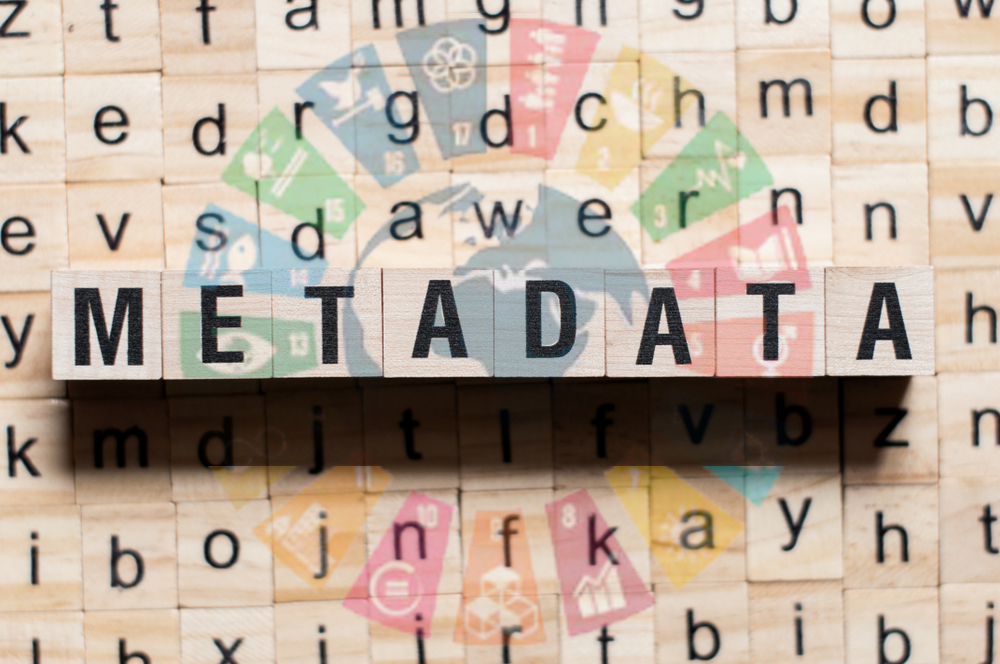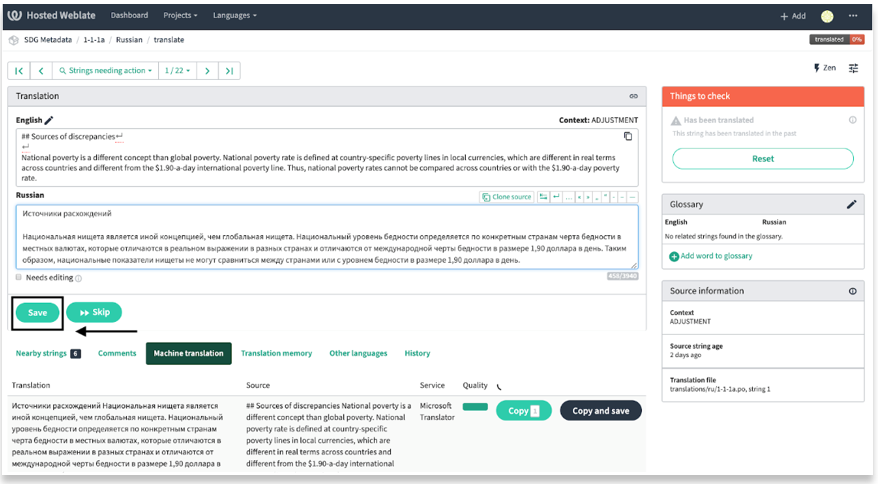
When we talk about sustainable development, the Sustainable Development Goals (SDGs) are the first to come to mind. These 17 objectives laid out by the United Nations (UN) track progress toward a world free of poverty, with equality in education, labor, and more, for a stronger international community.
The path to the SDGs is country-led. Every country is responsible for each step toward reducing poverty and boosting global prosperity. To achieve these aims, countries must find ways to build their national data and science capacity while simultaneously engaging the public and communicating with policymakers.
A barrier to national capacity development and public engagement has been the unavailability of official translations of SDG metadata. These “data about the data” are instructions about how to measure each SDG indicator in a standardized way so that regional and global statistics can be produced and progress compared over time and across borders. Traditional translation of scientific material is time consuming and costly. As a result, official SDG metadata have mostly been available in English, limiting national data development, public understanding of measurements, and progress in achieving the goals.

To combat this, a simple, low cost tool was piloted to translate technical documents efficiently and accurately. Through a collaboration between the World Bank, United Nations Economic Commission for Europe (UNECE), Russian Federal State Statistical System (ROSSTAT), and the non-profit Center for Open Data Enterprise (CODE), the SDG Metadata Translation Tool uses open source user friendly software to assist translation. The pilot study engaged a human translation expert from ROSSTAT and found the tool produces accurate translations 35% faster than traditional methods, even without software training for the human translator. It works with multiple languages and produces documents in many file formats for easy updates. It also builds a glossary of terms to enable “smarter” translations over time.
The remaining 220 SDG indicators—across social, environmental, and economic domains—will be converted into a machine-readable format and translated into Russian, with the goal of completing the project by end of 2020. Collaborations for generating country-led French and Spanish translations are also in development. As metadata files are converted into a machine-readable format, we are collaborating with the UN Statistical Division to explore making the format compliant with Statistical Data and Metadata Exchange (SDMX) guidelines.
A presentation and detailed protocol describing the project can be found at the project website here, along with the corresponding key terms glossary and translated metadata to date. Machine-readable versions of the English and Russian metadata can be publicly downloaded soon from the ECASTAT site.
National data about the SDGs vary by country, but creating a standardized translation protocol can bring the reality of these pictures into sharper relief. Clearer data can illuminate solutions to these challenges and make sustainable development truly possible.





Join the Conversation